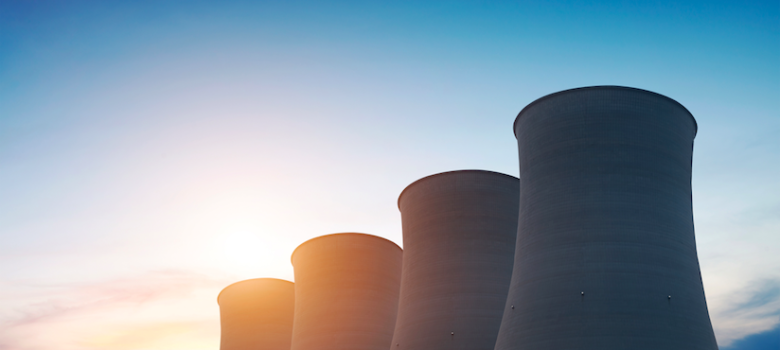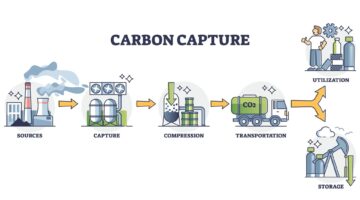
Coal power is reliable and relatively inexpensive, but it is controversial for a reason. The catastrophic environmental impacts of coal power generation are well known. Now, new research published on World Water Day has revealed that during energy production, coal power plants are also draining one of the world’s most precious resources – water.
What are the obvious problems with coal power plants?
The downsides of coal power are have been well known for years:
- It emits greenhouse gases, contributing to global warming and causing acid rain.
- It releases chemicals harmful to humans, such as mercury and arsenic, which can have serious effects on the respiratory, cardiovascular and nervous systems.
- It is non-renewable, and therefore there is a finite supply of coal.
- Just like nuclear energy generation, it releases huge amounts of radiation into the environment. This has impacts for the health of humans, other animals, and plants.
- It devastates the surrounding environment.
- It is not a safe way to harness energy – thousands of people have died in coal mining accidents.
These reasons are enough for many to call for a complete ban on coal plant power. However, there is now a new cause for concern.
 What does the new research show?
What does the new research show?
Greenpeace has published research showing that the world’s 8,359 coal power plants use enough water to supply the needs of one billion people. It is no coincidence that, according to the report, 45% of China’s current coal power plants and 48% of their planned plants are in areas where water is being used faster than it is naturally replenishing. Greenpeace says coal expansion should not be allowed in these ‘red list’ areas and that it should be replaced with renewable energy.
The problem is biggest in China, where most of the world’s coal is used. However, the US has the biggest number of coal plants which are over 40 years old, and therefore the least efficient. Closing these would save 74% of the water used by the industry and 76bn cubic litres of water.
The future of coal power
Whether or not coal power is all bad, this research is sure to add to the drive for a future with renewable energy at its core. The UK’s coal plants are all set to be shut down by 2035 – but will other countries do the same? And how will the UK make up the shortfall once its biggest method of energy generation is no longer an option?
Think we missed something? Do you have a different opinion?
Comment below to get your voice heard…













One Comment